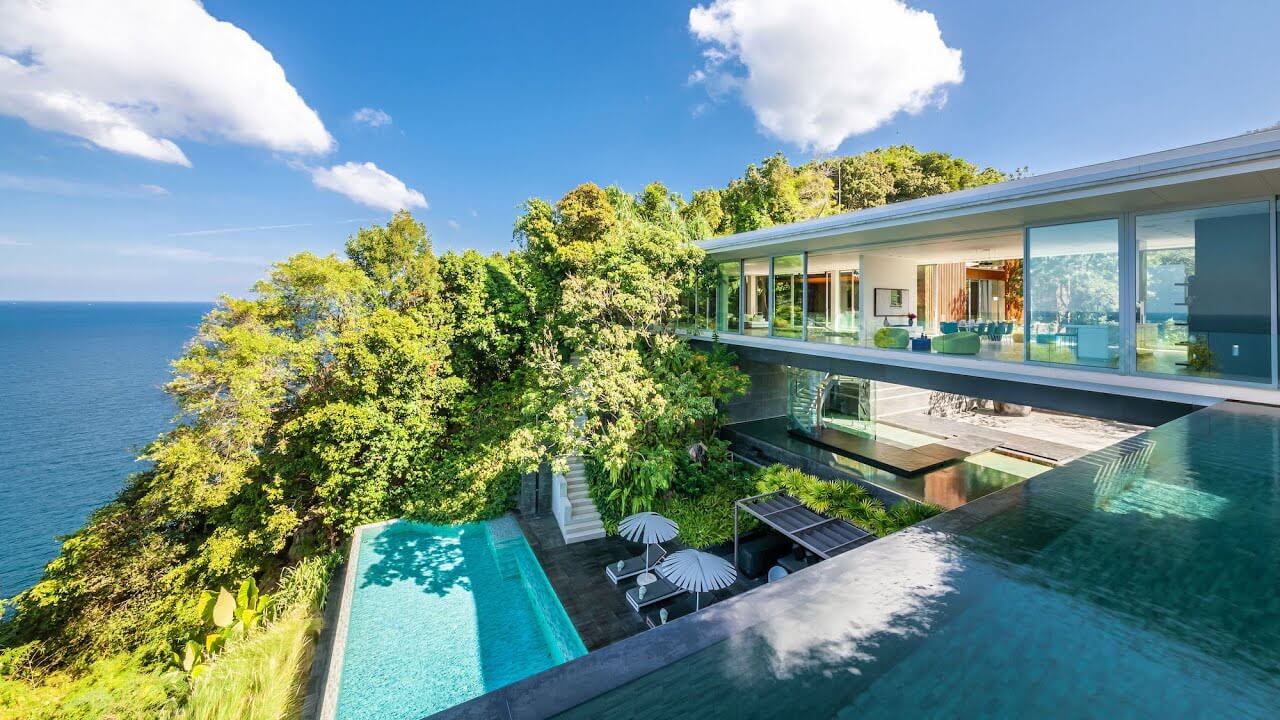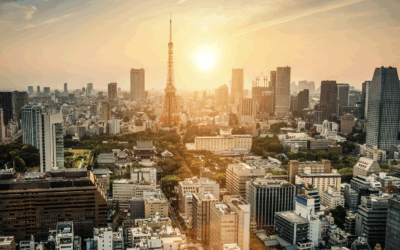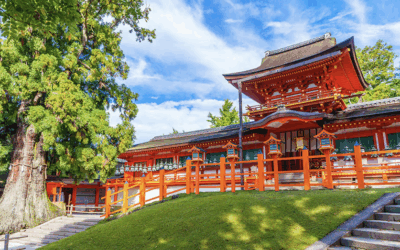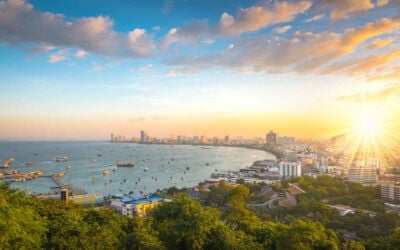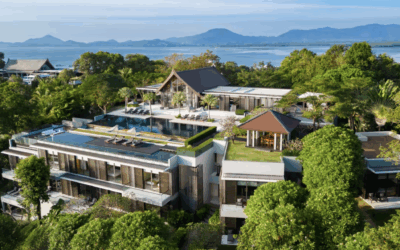Last updated January 26th, 2024.
On the surface, buying real estate that caters to tourists seems like a fantastic idea. Not only are the locations and buildings beautiful but the tourists often have a higher disposable income than the locals.
And with that thought in mind, several investors went ahead and decided to invest in resort properties.
However, once invested, they’ll quickly learn that tourists are a fickle crowd to please. What comes after is often regret.
In this article, we will explain why investors shouldn’t buy a resort property in tourist destinations, or any real estate geared toward tourists – despite what the common wisdom might say on the matter.
Don’t Buy Resort Property: Fashions Change
Have you ever randomly decided to not wear a shirt you used to love, and before you know it, it’s ten years later and you find it hidden away in your closet? A simple change to your routine led to a prolonged and unpredictable change of behavior.
The same happens with entire geographic locations on a daily basis.
Take Dubrovnik, Croatia, where certain scenes of Game of Thrones were famously filmed as an example. If you go there now, you’ll see an entire cottage industry designed to cater to fans of the show – Game of Thrones tours, accommodation, souvenirs, etc.
The show has had such a warping effect on the city that there have been studies assessing the economic impact thereof. One such study by the International Journal of Tourism Research concluded:
“The cumulative effect in the 2012–2015 period amounted up to almost 245 thousand more tourist arrivals, one and a half million more overnight stays, and almost 126 million euro more foreign currency revenues from travels.”
In the preceding four-year window prior to the show’s release, tourism had only grown in Dubrovnik by 7%.
After the show’s premiere, the following four-year window amounted to an increase of 37.9%, meaning that most of the growth prospects of the location were tied to the show’s success.
It’s worth stressing though that before Game of Thrones, Dubrovnik was a desirable tourist destination. But with the influx of enthusiasts, there were concerns about the effect of the tourists on the city’s environment to the point where the city pushed out an initiative for more sustainable tourism.
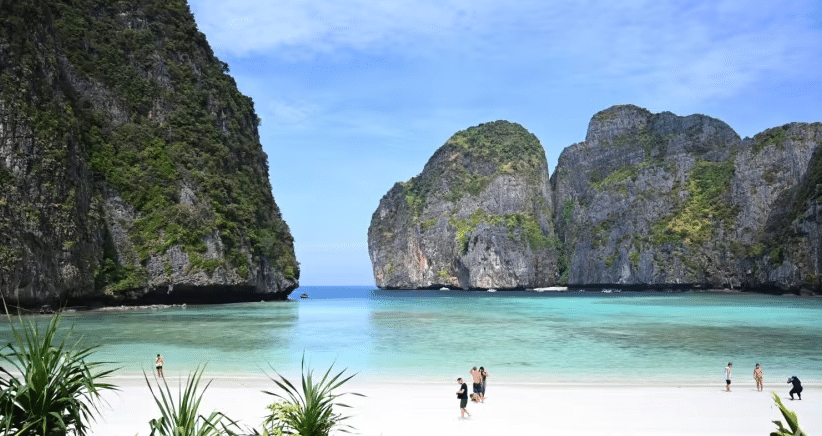
The infamous Maya Bay, or “The Beach”, suffered colossal ecological damages to the point the Government had to banned tourism in the area for years. Tour operators and resort investment properties sustained huge loss of incomes over the ban.
If you hold commercial or residential resort property in a city like Dubrovnik, that must keep you up at night once the show inevitably ended.
But this brings up another interesting point; this type of “fashion” shock is nothing new. It happened even in non-Western countries and with much smaller productions.
As with The Beach, a film featuring Leonardo DiCaprio as an adventurer in Thailand. Not only did the production of the film cause catastrophic ecological damage to the location itself but tourists began flooding it.
If you invested in the location, you might have been quite pleased with yourself, as the added attention would boost the prices.
But as the years wore on, the beautiful Maya beach was destroyed completely. To such an extent that the Thai government had to step in.
Now, the beach is closed a quarter of the year, and during the high season, there is a daily visitor cap to mitigate the ecological damage and hopefully restore it.
In other words, had you invested in real estate here, at least for the foreseeable future, you would lose over a quarter of your revenue.
This is because tourism is a zero-sum game – there are only so many tourism dollars available, and if they’re being spent somewhere else, you don’t get any of the benefits.
We use the movie examples because they’re an event that one can easily point to and analyze, but it happens every day on social media and in society in general.
Even during normal times, vacation spots are too subjective to become a “flavor of the month.” There have been too many tourist booms (and busts) based on a single viral Instagram post for us to be comfortable thinking that our money is secure while invested there.
Some may argue that investing in resort properties is not a total loss if you also intend to use said property as your vacation home as well, and while that may be true to a certain extent, we still have our own reasons why a vacation home is not a good investment.
There are plenty of good beaches in the world – it’s just a matter of where people want to live. In contrast, an apartment building in the center of a capital city will have constant and locally-driven demand.
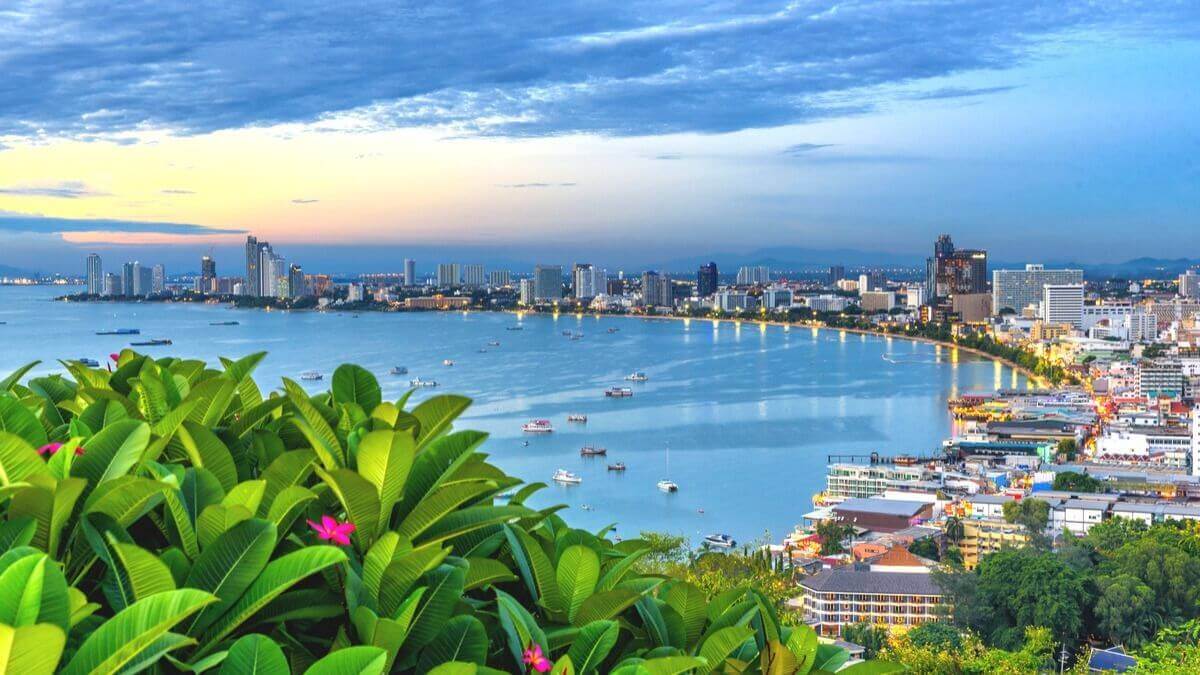
Capital city real estate usually outperforms resort destinations. Using Thailand as an example, Bangkok’s condo market has significantly outperformed resort property in Pattaya (along with Phuket and Hua Hin) over the past decade.
Tourists Come and Go, Local Tenants Stay
It hardly bears saying, but 2020 was an economically disruptive year. Demand for anything tourist-related collapsed overnight, even airlines were hanging on for dear life.
This left the investor who banked on tourism booms in the lurch. The tourists did not come, and in some places, they may never come again. Crowds are fickle, and they are already adapting their plans based on the likely present and future circumstances.
Some countries decided not to close down their economies and were seeing major tourist booms as a result.
For example, Air Serbia reported that flights from the U.S. to Serbia jumped by over a third in recent years. They also increased the U.S. to Serbia routes, given that it’s one of the few countries that remain relatively restriction-free and open to foreigners.
Most Americans would hardly be able to find Serbia on a map, so it certainly shows how random changes in the environment will lead to unexpected winners – whether you’re in Bangkok (usually the most visited city on Earth during any given year) or Belgrade.
Yet again though, if you were to invest in Belgrade out of the expectation that the tourist boom would prove lucrative, you’re chasing something ephemeral. Demand for the location might stay for years to come, as happened on Maya Bay after “The Beach” movie, or it may collapse.
We understand the lure of these locations, as some offer extraordinary returns. Take Davos as a perfect example, for most of the year, it’s an unassuming Alpine town with a population of 11,000 people.
Yet, once a year in late January, the world’s elite flood this tiny town for the World Economic Forum that has historically been held there.
During this time, prices skyrocket and it’s not uncommon for families who have homes there to rent them out for extraordinary profit.
Sometimes the owners make enough money to not have to work for the rest of the year, as these resort investment properties can go for thousands of dollars per night.
However, back in 2021, the World Economic Forum was pushed to May. Worse still, it moved to the city of Lucerne. As such, every single hotel and private accommodation that depended on the billionaires to show up for their annual income is left with nothing.
With a stroke of a pen, a decision maker somewhere destroyed the livelihood of thousands of resort investment property owners, and might not have even taken them into account when making the decision.
We don’t think you want to be in this position, where your multi-million dollar investment proves worthless overnight because of factors outside of your control.
What you want to do is to go to locations that are resilient. Generally speaking, vacation spots, or places with cyclical demand, are heavily affected during economic crises in general – not just with the current international travel restrictions.
But regardless of whatever happens, countries still have their capital cities and financial hubs. Investments in residential, office, and other types of real estate aren’t as affected by economic shocks compared to owning a resort property.
Go For Less Flash, More Permanence
Back in the California Gold Rush of the 19th century, there were hundreds of thousands of people who went to the state in the hopes of striking it rich.
The historical record shows that, of these hundreds of thousands of people, only a small handful ever became wealthy.
However, there was a subset of people that did become rich, and those were the people supplying the craze. It was the general store owners who sold everything from pickaxes to lanterns to jeans who could easily pivot to meet consumer demand.
In much the same way, there are gold bonanzas around the world. Suddenly, one location has become very trendy, and everyone’s piling their money there. It might be a good investment, or it could be a bust.
Why not learn from the lessons of history? Go to the capital where there are factories and banks that are partially fueling this boom.
Regardless of whether the boom succeeds, there is already built-in demand here. Chances are that these types of places will be there for the next decade, century, or even longer.
By aligning your financial incentives with more permanent factors that don’t depend on flashy marketing, you can benefit from an increase in demand for the country’s infrastructure, while incurring little of the risk.
And that’s why investors shouldn’t even consider buying a resort property, or any real estate geared toward tourists in general!
Skip the Next Western Recession
Learn the best places to invest - and where to avoid - by downloading our free Investment Cheat Sheet.

